A cinematic exploration of the world of automated vehicles — from their technical history to the personal narratives of those affected by them to the many unanswered questions about how this technology will affect modern society. This documentary features interviews with industry pioneers and scenes with cutting-edge “AVs” in action around the world.
Related Movies
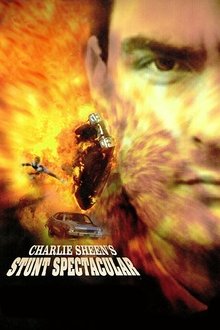
Charlie Sheen's Stunts Spectacular (1994)
The first behind the scenes look revealing the movie magic of the men and women of the stunt profession, Hollywood's unsung heroes. Charlie Sheen and Stuntman Hall of Famer BJ Davis host.
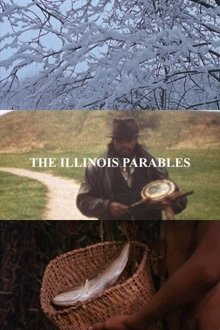
The Illinois Parables (2016)
From dreamy aerial opening shots, we are sent on an expedition through the storied land of our fifth most populous state, Illinois, often called a miniature version of America. Deborah Stratman’s experimental documentary explores how physical landscapes and human politics can each re-interpret historical events. Eleven parables relay histories of settlement, removal, technological breakthrough, violence, messianism, and resistance. Who gets to write history—physical monuments, official news accounts, or personal spoken-word memories?
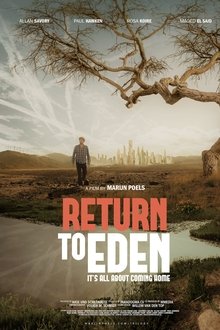
Return to Eden (2020)
When Natural and human interests impinge on each other and over-regulation disturbs our biological balance, important questions arise. Do we belong to nature or does nature belongs to us? A thought-provoking story in which documentary maker Marijn Poels explores the human urge to control our climate, security and preferably the other. Balancing on a razor-thin line between regulation and manipulation. When technology reigns supreme and common sense vaporizes through the test of time, humanity is on the brink of becoming the tool. Miles away from the collective panic, fear and chaos, there is hope, inspiration and reconnection.
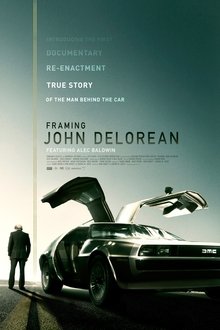
Framing John DeLorean (2019)
A documentary interspersed with acted scenes, this portrait of John DeLorean covers the brilliant but tragically flawed automaker's rise to stardom and shocking down fall.
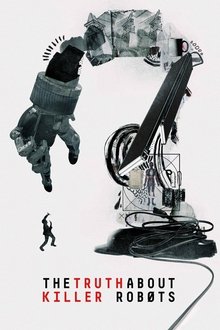
The Truth About Killer Robots (2018)
Exploring provocative viewpoints from engineers, factory workers, journalists, philosophers and Asimov himself, The Truth About Killer Robots is a cautionary tale about a world automating beyond control.
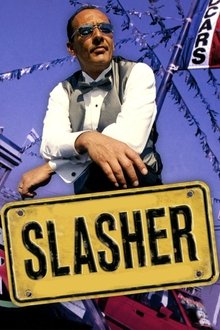
Slasher (2004)
A documentary on a stereotypically shady used car salesman, one who convinces customers to buy vehicles that others have deemed unfit for sale.
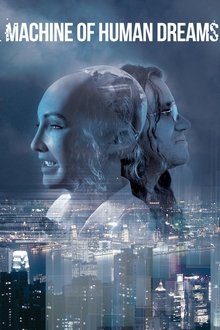
Machine of Human Dreams (2016)
A.I. guru Ben Goertzel grew up in a hippie community in Oregon during the Vietnam War. Inspired by science fiction, he imagined a perfect rational world that would transcend 1970s’ America. Ben has dedicated his life to developing OpenCog, a software that models the human mind. If Ben’s design works, OpenCog will become a human-like general intelligence. But for OpenCog to work, it needs a body.
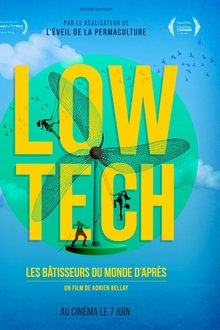
Low-Tech (2023)
What if, before rushing headfront into technology progress, we think twice about it ? As our societies bet on technology outbids, some chose to invest on sobriety : the "low tech".

Online Traveller: AVATARA (2003)
AVATARA is not a cartoon. It's a documentary about an Internet subculture who spend their lives immersed in an online 3-D voice-chat program called "Digitalspace Traveler." Through a series of 14 interviews, we uncover the history, art, identities, struggles and emotions of this unique internet community who, since as far back as 1996 have mostly devoted their lives to this software.

Cyberspace (1995)
Documentary looking at the ways which computer on-line services and the Internet have evolved, how they have been applied and the problems they can cause.

Koyaanisqatsi (1983)
Takes us to locations all around the US and shows us the heavy toll that modern technology is having on humans and the earth. The visual tone poem contains neither dialogue nor a vocalized narration: its tone is set by the juxtaposition of images and the exceptional music by Philip Glass.
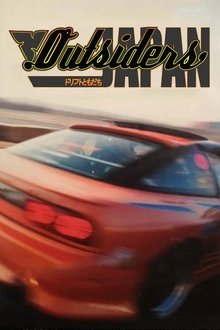
Outsiders: Japan (2012)
Join Phil Morrison and James Robinson from Driftworks, Mitto Steele from MeiNoMai and Pieter Gouwy from Garage Portello on a mind blowing tour of the real drift scene in Japan and the culture behind it.
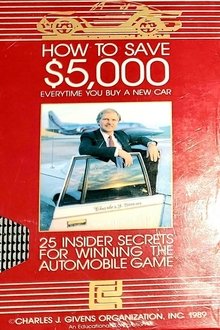
How to Buy a Car With Charles J. Givens (1989)
How to save $5000 every time you buy a car with Charles J. Givens..
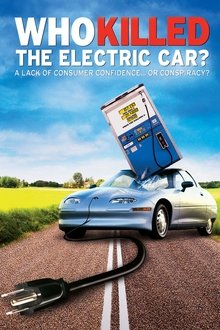
Who Killed the Electric Car? (2006)
In 1996, electric cars began to appear on roads all over California. They were quiet and fast, produced no exhaust, and ran without gasoline... Ten years later, these cars were destroyed.

Fuel (2008)
Record high oil prices, global warming, and an insatiable demand for energy: these issues define our generation. The film exposes shocking connections between the auto industry, the oil industry, and the government, while exploring alternative energies such as solar, wind, electricity, and non-food-based biofuels.
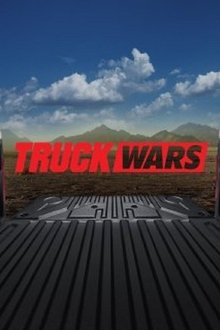
Truck Wars (2018)
Pickup trucks are essential to the American way of life; manufacturers compete to outsmart, outmaneuver and outlast each other; experts, designers and historians weigh in on the most influential innovations in the truck world over the past 120 years.
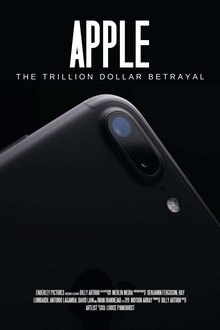
Apple: The Trillion Dollar Betrayal (2022)
Apple, is the most valuable company in the world. It has revolutionized the modern age & reshaped our relationships with each other. But it faces a major backlash due to controversies. From anti-competitive practices, using App store to copy the best ideas, trapping consumers in the Apple ‘ecosystem’, tax avoidance & sweatshop practices, this film probes into allegations against the tech giant.

